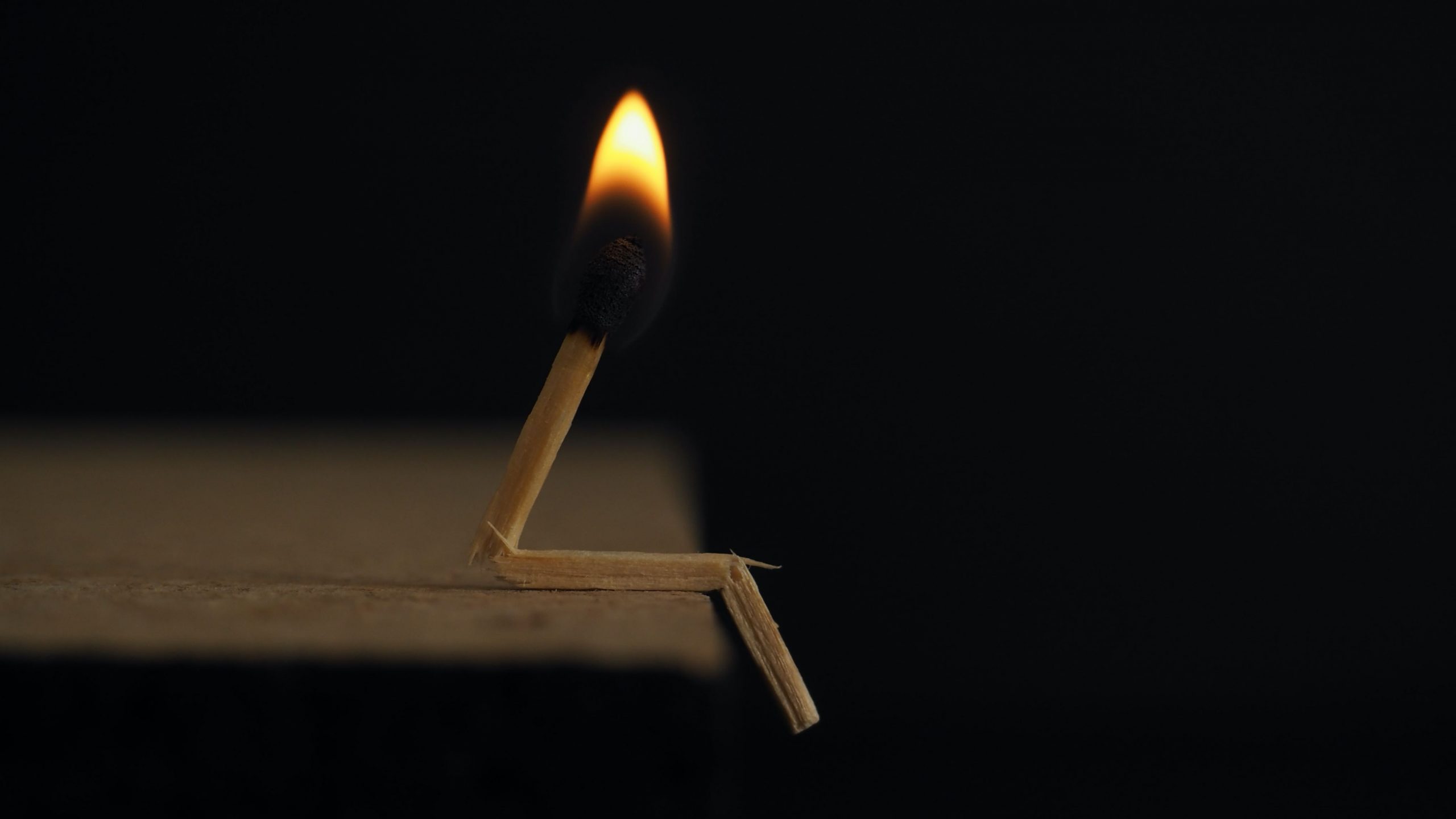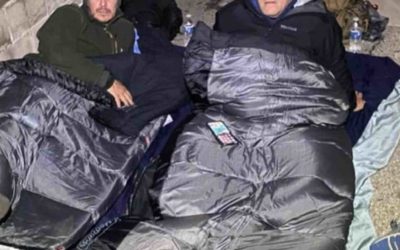I attended a working-class high school in upstate New York where students were often encouraged to pursue jobs like being a social worker, a teacher, and a prison guard. Life was about practical choices, choices that involved good long term outcomes. I didn’t know any adults who were artists, or scientists, or scholars. Lawyers and doctors seemed to be the highpoints of any career choice. They should be treated as demi-gods by our society because both occupations took a great deal of education and either profession could save you from suffering.
As a high school student, it felt that the role of adults was to steer you away from misery to a life void of despair. A stable job with benefits seemed to imply that life would be good.
My ninth-grade English teacher was a different type of person. Mr. Teacher’s lessons went beyond Romeo and Juliet. His loud booming voice was full of drama and authority.
I learned that reading poetry was a moral duty.
It didn’t matter if we liked poetry or not, we had to read it. In fact, he encouraged us to read poetry that made us feel uncomfortable.
He told us that we should go outside and see the beauty in nature. Mr. Teacher would tell us experiencing nature with another’s words changes the encounter so we appreciate both beauty and pain as described by someone else. In this way, poetry would help us to understand the struggles of someone we’ve never met before. He felt that compassion was what the world needed and that poetry would help us find it.
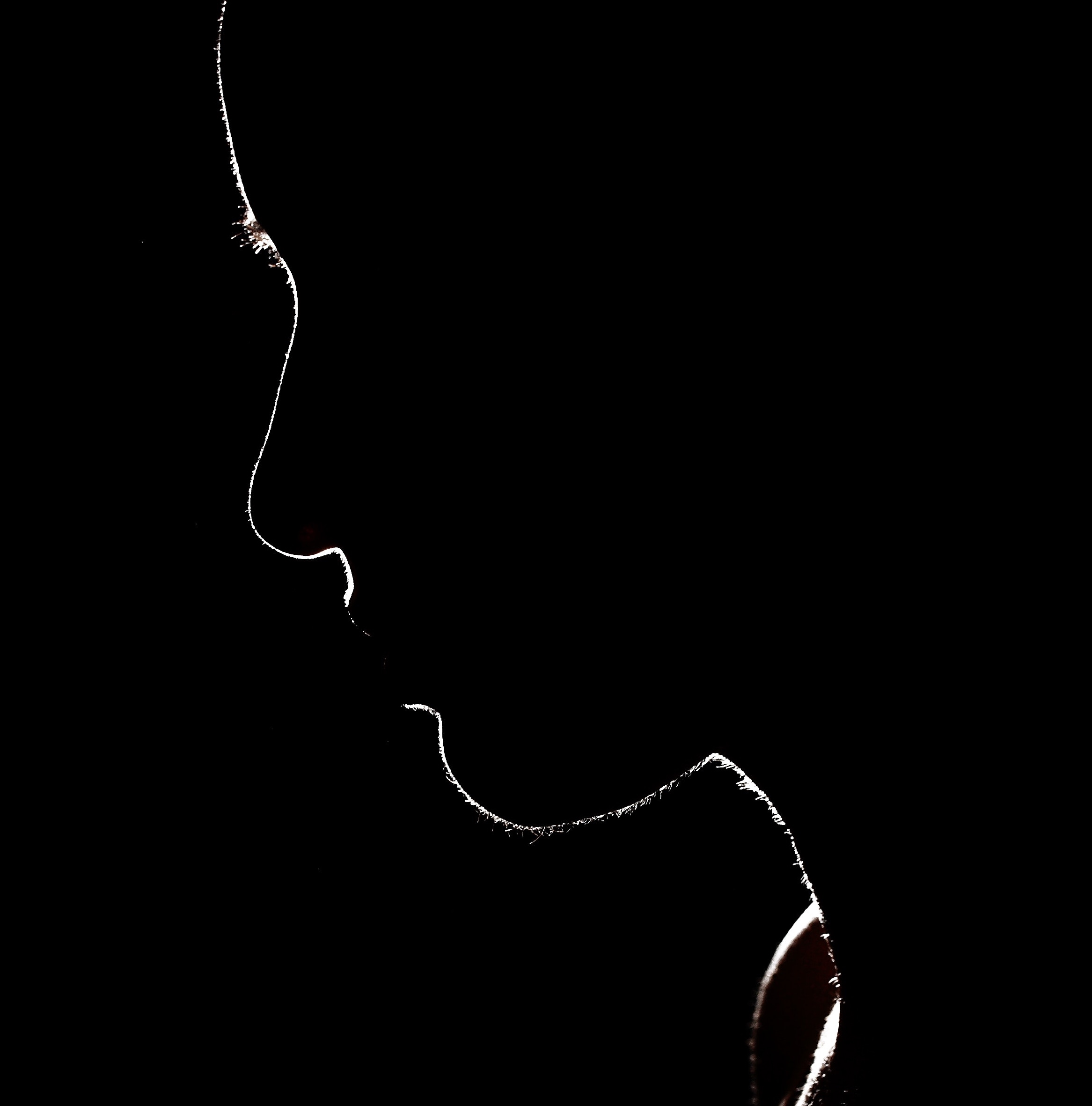
“Mr. Teacher made it clear that any type of literature can transform us, but he felt of all the authors, the poets were the most important.”
He explained there was no money in poetry and yet poets continue to publish their works knowing they would never gain financially from it. This made poetry the most honest form of literature because there was no reason to lie. He said they wrote the truth and that alone was worthy of our time.
Mr. Teacher felt like we already knew about the theme of the “Road Less Taken”, so he encouraged us to seek out poetry that was new to us and made us feel uncomfortable. He taught us the truth was often uncomfortable; the poets who made us squirm, even just a little, were worthy of the time and effort we put into reading it.
When The Poet Is A Monk
I remember Mr. Teacher saying that being a poet was a lot like being a monk. It was a de facto pledge of poverty that guided the individual soul. This was a lot for a high school kid to comprehend, but somehow it stuck with me.
I can’t say if his statement is true or false. At the time it went in one ear and out the other. However, it never permanently left.
The Poetry Assignment
Mr. Teacher created an assignment that required us to check a book of poetry out of the library.
We were told that each year we should force ourselves to check a book of poetry out of the library; that would force our libraries to buy more books of poetry. He also suggested that when we grew up and had jobs, we should buy a book of poetry of our own each year. He said by doing this we’d encourage the poets to write more truth, and they might earn enough money to buy a cup of coffee.
I’ll be honest and tell you that it wasn’t until four years ago when I learned of Mr. Teacher’s death on Facebook that I began thinking about this again. The memories of Mr. Teacher flooded back, and I realized how much he influenced me. The best way I could think of honoring him was to start buying a book of poetry each year.
This year I chose “Teaching My Mother How To Give Birth” by Warsan Shire.
Warsan Shire has a powerful voice.
She writes of themes of women that make me squirm. I feel ashamed of men when I read it. In Ms. Shire’s poetry, men are the oppressors, men are the people who hurt women.
It’s easy to say, it wasn’t me, I never beat or raped anyone, let alone a woman and yet, the violence continues. Men commit these violent acts because they can and no one is there to stop them. No one speaks up and says stop! As a man, I realize it’s not my job to save a woman. It’s my job to partner with women and to say to other men that violence toward women isn’t okay.
RELATED: “How We Rise”—by Julia Rael
Since the birth of the United States, women have had to compromise their careers, their families, and their dreams in order to be taken seriously in the professional world. The world will never know how history might have been changed if women were given… Read it Here
Violence toward women is wrong.
Men can do it because it happens behind closed doors and so many say it’s none of my business and yet if it’s none of my business then who’s business is it?
This makes me angry because I know that Ms. Shire’s words are true; it’s not just her truth, but it is the truth of many. I know rape happens, and it happens a lot.
The violence committed toward women is not something out of To Kill A Mockingbird, but it is violence that happens every day all around the world. I feel ashamed that such injustice can happen, and for so many, it happens daily. It’s caused by men who are fathers, brothers, sons, and uncles. However, it seems mothers, sisters. daughters, and aunts are accomplices because they know it happens, yet they don’t stop it. I understand that they feel that they can’t intervene. That loss of empowerment makes me even angrier.
I feel angry because I’ve been raised to believe that family equals strength, safety, and love. Yet when I read “Teaching My Mother How To Give Birth” the very idea of family is both danger and violence. Warsan Shire writes “…my home is the mouth of a shark …my home is the barrel of a gun, I’ll see you on the other side.” My heart breaks and my privilege suffocates me like a pillow across my face as I read.
Where are the adults from Ms. Shire’s life to steer her away from misery? Where are the people who tell her to strive to be a social worker, a teacher, or a prison guard? Where are the people to provide safety and love? It just makes me angry. Where are the people who care? With so much misery how do you make people care?
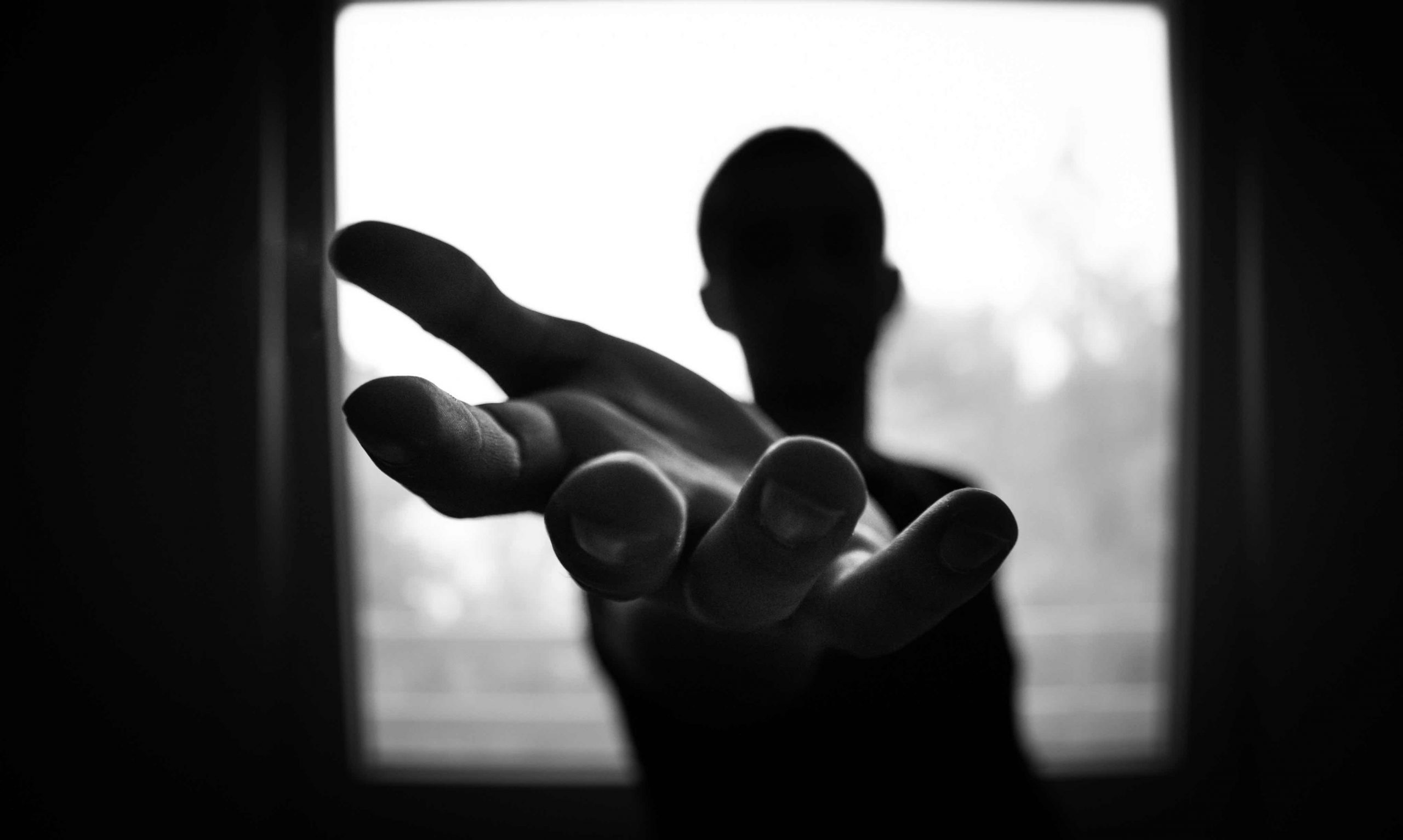
It begins with you and me to help society change. No longer can we keep quiet. No longer can we say it’s none of my business.
Perhaps Mr. Teacher was correct. We must read poetry and we must read poetry that makes us uncomfortable. Poetry can lead us to compassion and compassion can lead to changing hearts. When we allow our hearts to be changed we allow our behavior to change.
What the world needs now is for you and me to read more poetry.
What are you reading that makes you feel uncomfortable?
I’d like to know. I need a book of poetry for 2020.
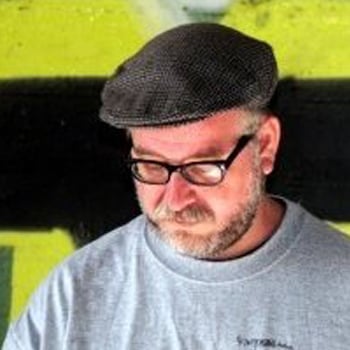
By STEPHEN O'BRYAN
Former Captain of a fictious submarine, he likes to talk about Search Engine Optimization, Content Marketing, and his Type 181 Volkswagon Thing. He can often be found playing X Box with his kids or camping at the beach with his family. Steve will often say things like “it’s the people that matter” and “what type of ice cream do you have?” Generally happiest around people with a camera in his hand.
Connect With Us on Social Media!
RECENT FAVES
Tips for Hitting the Road with Your Furry Friends
Part 1 of Kathlene McGovern’s 2 part series on the best and safest ways to travel with your furry friends!
I’m Just Curious
Dove Rose give us ideas on how to stay curious! Keep it Fresh in the Kitchen, on the Drive and in your Life. New ideas to keep our mind alive!
Living Unhoused for a Week: Ken Craft Takes to the Streets
Ken Craft of Hope of the Valley lives unhoused on the streets of the San Fernando Valley for 100 hours and shares the challenges, insights and struggles he faced on this journey.

